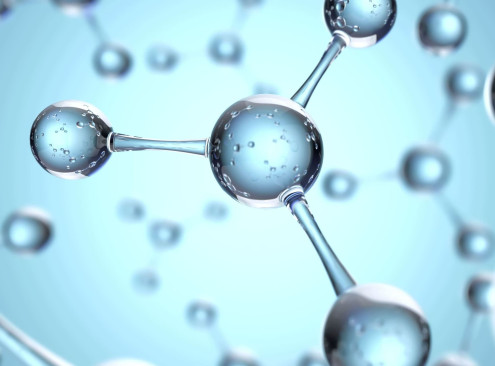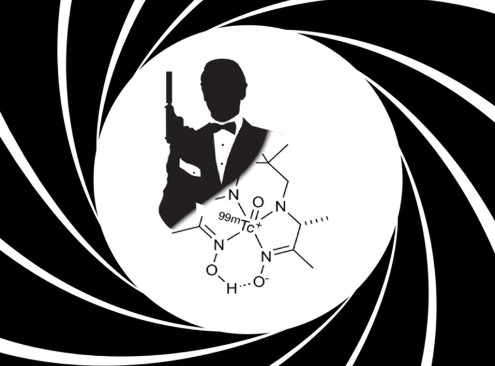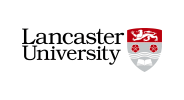© Pint of Science, 2024. All rights reserved.
Have you ever given a thought about the molecules you interact with? The molecules you eat and drink every day? The molecules that let you differentiate smells and colours? The molecules used in scans to help your doctor diagnose illness, or the ones shaped into tiny pills to cure you? It’s all organic chemistry!
In these talks we will walk you through some of the common compounds you encounter and explain how our bodies, also made of organic molecules, interact with them in different contexts.
In these talks we will walk you through some of the common compounds you encounter and explain how our bodies, also made of organic molecules, interact with them in different contexts.
Molecules in everyday life
Dr Maria Paz Munoz-Herranz
(Senior Lecturer in Synthetic Chemistry)
Did you know that your bodies are made of carbon-based compounds? Have you ever thought about the molecules you eat and drink every day? How do you think your eyes interpret colours? How can you differentiate different smells? It is all organic chemistry! In this talk we will walk you through some of the most common compounds that you encounter every day in your life and explain how our bodies, made of organic molecules are able to interact with them in different contexts.

From molecules to medicines
Dr Vilius Francekevicius
(Lecturer)
With the advent of modern medicine, it is astonishing that a variety of illness can be treated with medication in the form of a tiny pill. But have you ever wondered what is in that pill that makes us better or where contemporary medicines come from? This short talk will give you a flavour of what typical modern medicines are, how they are discovered and how they are made by chemists.

Sending chemical spies into a medical world
Dr Nick Fletcher
(Senior Lecturer in Chemistry)
We’ll be exploring the science of 'going for a scan'. In the process we’ll consider why we might need a contrast agent to aid diagnosis, and why these are administered in such high doses given that they have no therapeutic effect. We’ll think about such critical questions as to how we can safely administer a potentially lethal dose of gadolinium, and why would we want to? We’ll also investigate the opportunities of using radionucleotides to be more target specific contrast agents with a focus on both using technetium salts (the element no-one’s heard of), and even antimatter to assist in the diagnosis of a range of medical conditions including cancer and dementia.

Map data © OpenStreetMap contributors.
